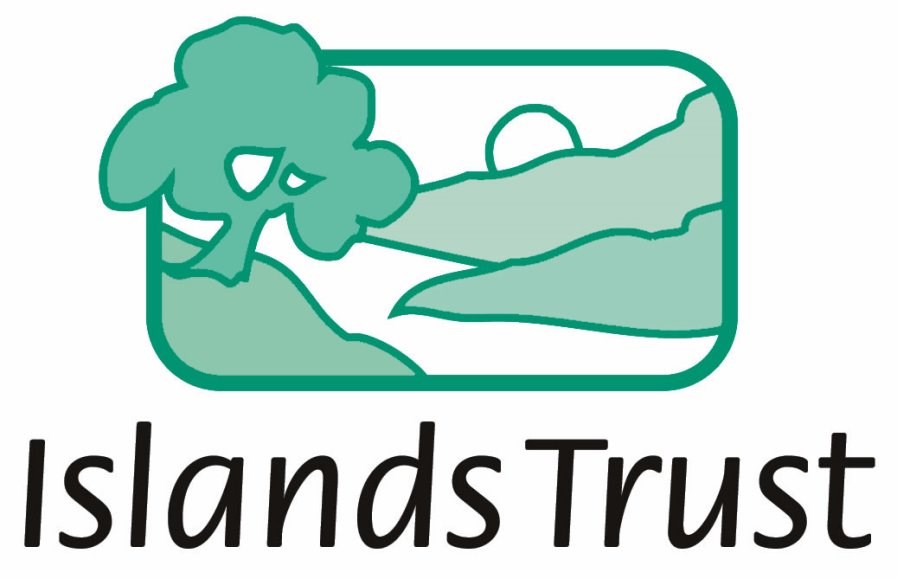Islands Trust will be holding a meeting with Bowen Island Municipality after deciding not to approve a pair of bylaws regarding the proposed Cape Roger Curtis park.
The government organization’s executive committee held a meeting Friday, August 25 where they discussed the two bylaw amendments - one to Bowen’s Official Community Plan (OCP) and one to their Land Use Bylaw (LUB) - necessary for allowing an overnight campground at the park, which is part of Metro Vancouver’s plans for their recently purchased space. The bylaws passed a first reading in April, and are awaiting a date for second reading.
Specifically, the group had requested answers from the municipality (BIM) on a pair of issues related to their Islands Trust Policy Statement (ITPS) - the social impact of the potential park, and whether recreation activities included within it, such as the campground component, would be considered high or low-impact to the community.
Regarding social impacts, such as ferry use, traffic numbers, and fire response, BIM staff submitted technical reports conducted this summer including a Transportation Impact Assessment, Emergency Response Plan, and Visitor Use Management Framework. Islands Trust staff accepted this showed BIM are aware of and working on these concerns, which is the ITPS requirement, even if the issues are not necessarily solved yet.
When assessing high or low-impact activity, BIM staff pointed out neither they or Islands Trust had a definition of either term. They instead used wording from Policy 185 of the OCP to interpret low-impact activities as those that “enhance a visitor’s enjoyment of the island’s natural amenities, without detracting from those amenities.”
The Islands Trust executive committee, made up of the organization’s chair and three vice-chairs, disagreed with BIM’s assessment that the bylaw amendments lined up with the ITPS, not just on the social impact and activity level fronts, but in many other regards as well. By the end of the meeting the four members identified 10 sections of their policy statement where they felt more work was necessary.
Vice-chair David Maude (Mayne Island) voiced many of the group’s concerns, including those related to the two original points. On whether adding 100 campsites, the amount currently sought by Metro Vancouver, would qualify as high or low-impact, he felt the hundreds of extra visitors this would bring to the island fell under the former. “Talking to people from Bowen Island, and interestingly the people from BC Ferries that reached out to me this week, they see this as being substantial and significant,” said Maude.
Local feedback factors into executive committee's decision
He also disagreed with BIM’s assessment that potential social impacts of the park had been thoroughly investigated. “Based on the feedback that we have seen… perhaps it has not been properly addressed,” said Maude, referencing more than 100 letters received by Islands Trust opposed to camping, and a Bowen no-camping petition with more than 1,600 signatures.
Fellow vice-chair Tobi Elliott (Gabriola Island) agreed the feedback from locals was unlike most she’s used to. “The demonstrated opposition from long-term residents; this is not a typical letter writing campaign that I have seen before,” she said.
“There are very specific concerns from long-term residents that range from water to ferry capacity to safety to roads to the overburdening of all the amenities on the island that I don’t believe have been sufficiently addressed in the public engagement to date. That to me fails the test,” said Elliott.
Additional concerns over the bylaws included whether the Multi-Use Path would run to the Cape by the park’s planned opening date. “To suggest people are going to walk 12 km or bicycle along a single road that hasn’t been expanded to accommodate that traffic, to me that hasn’t been thought through yet,” said Elliott on the path pedestrians or cyclists would currently have to travel to the Cape.
The ITPS does not mention consultation with Indigenous groups specifically, but Elliott suggested the cultural heritage portion of the document should take this into account. “It’s really tricky to assess how the protection of cultural and natural heritage is being addressed if they haven’t actually moved ahead and gained evidenced support from Squamish Nation,” she said.
Executive committee chair Peter Luckham agreed with his colleagues. “I’m afraid everything that I’ve heard from my vice-chairs are definitely concerns that I have,” he said, adding he could only remember one or two other times Islands Trust has taken such action during bylaw review.
“I’m not against camping, I think actually camping on that location is a fantastic opportunity for all of us… We’re taking 24 lots out of a very large development - which has been controversial (the development) - and creating a recreational opportunity for everyone… which is a good thing. But it is the number of campsites in what is essentially a residential neighbourhood… as all those campers (visit) on bicycles or a few in cars or group campsites… there are significant impacts,” says Luckham.
The next step will be for the Islands Trust Executive Committee and Bowen Island Council to hold a meeting with each other within 60 days of last Friday’s decision, where the committee will explain in further detail how they feel the bylaws contradict the ITPS. BIM will then have a chance to assess next steps.
Officially, the executive committee found the bylaws were contrary to ITPS policies 4.4.2, 5.2.3, 5.2.4, 5.2.5, 5.5.4, 5.5.6, 5.5.7, 5.6.2, 5.6.3, and 5.7.2



